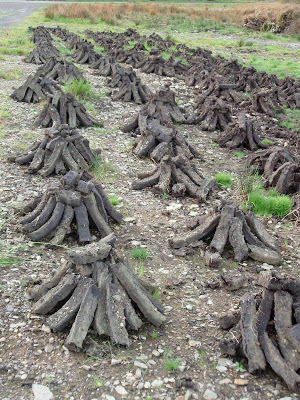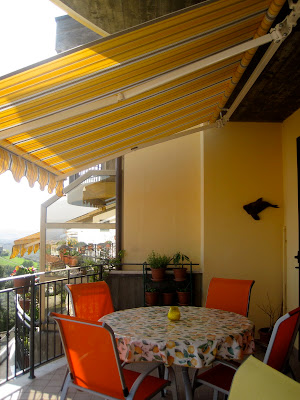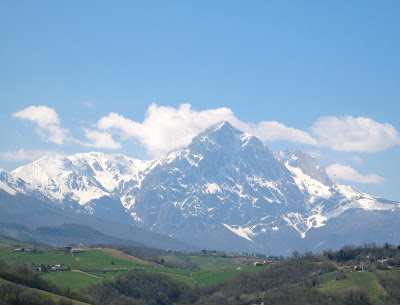On the last day of National Poetry month:
It is difficult
to get the news from poems
Yet men die miserably every day
for lack
of what is found there.
William Carlos William
The wisdom of William Carlos William registers immediately when reading this. We instinctively know this to be true and it drives me to read and, sometimes in gifted moments, to write poetry. I'm glad we have a month every year to celebrate this great art form and to share inspiration with one another.
Two places, just in my limited blog world, that offer poetry to startle, delight, and expand are: Ruth at synch-ro-ni-zing and, through the wonders of blog sharing, Ruth introduced me to Terresa at The Chocolate Chip Waffle. Ruth featured Terresa's wonderful poem "Red Shoes" and Terresa featured Ruth's amazing poem, "I Dreamt You Were Eating Dirt" as well as poems of other bloggers. Give yourself a treat and check out these blogs. Then seek out favorites sites for yourself and continue to spread the news because:
it is difficult
to get the news from poems
Yet men die miserably every day
for lack
of what is found there.



































